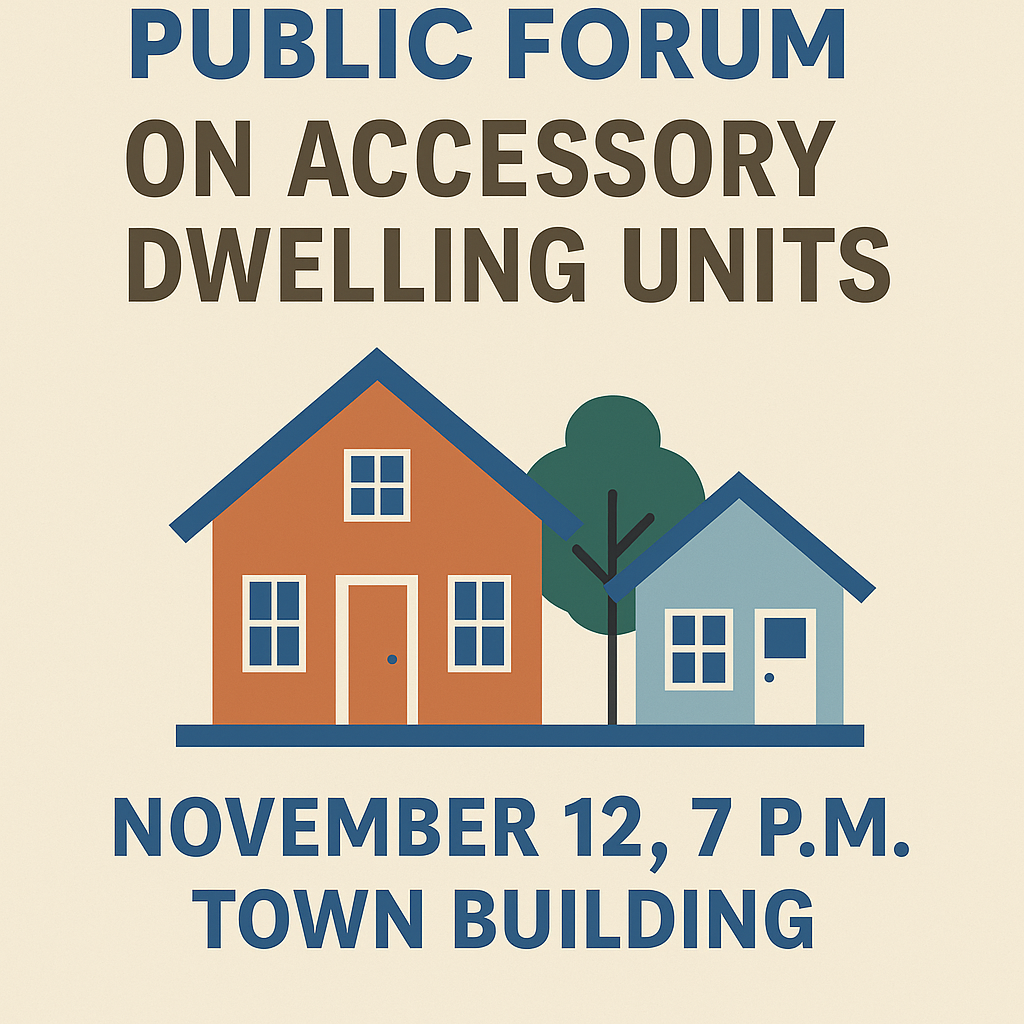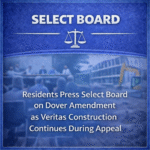By Rachel G. Bratt, Member, Wayland Housing Partnership
The Wayland Housing Partnership and the Wayland Planning Board will host a public forum Nov. 12, 7 p.m., at Town Building to discuss the state’s new Accessory Dwelling Unit (ADU) law.
The forum will provide information about how residents can go about creating ADUs on their property and will review key details of the process. Three panel discussions will explain the steps that residents will need to follow and provide a checklist from the Building Department detailing the various forms and permits that need to be filed. Panelists will also provide rough estimates of costs of creating ADUs; discuss implications for property taxes; and review septic rules and options for ADUs.
The MA Affordable Homes Act makes the creation of ADUs easier to accomplish by recognizing ADUs “by right.” They do not need a special permit as long as they are no larger than 900 square feet or ½ the gross floor area of the principal dwelling, whichever is smaller, and comply with zoning, health, and safety regulations, including septic.
“An accessory dwelling unit is a small residential living space located on the same lot as another home… The ADU law allows property owners to build an ADU by-right. ADUs can be inside an existing home, like converting a basement into an apartment, for example; attached to a primary residence as an addition; or completely detached; like a cottage or converted garage in a backyard,” according to mass.gov. https://tinyurl.com/wpADUforum
ADUs can provide benefits for homeowners who, by using underutilized space in their homes or on their property, may generate needed income. ADUs also may be a good option for homeowners who would like to provide an independent living space for a family member; or who have physical or other health challenges that would be helped by having a live-in aide, thereby enabling them to stay more comfortably in their homes. Furthermore, ADUs can be an option for senior homeowners to move into the smaller accessory apartment and rent out the larger portion of the house. For young adults ADUs may be an ideal solution as they face enormous rent and housing prices in the Greater Boston area. Traditional starter homes simply don’t exist in the area, but an ADU may provide a foothold for young couples and families looking to relocate in Wayland.
Overall, ADUs can promote more efficient use of land and buildings. Indeed, information collected from residents for the town’s 2022 state-mandated Housing Production Plan, explicitly expressed this goal.
At the 2025 Spring Town Meeting, the Town passed a by-law that brought Wayland into compliance with the new state law, providing a real opportunity to expand the low-rent housing stock. Although the Town has been supporting ADUs for decades, having passed its own ADU by-law in 1986, it was not used, likely due to its complexity.
The meeting, which is co-sponsored by the Select Board, the Housing Authority, the Board of Health, and the Human Rights, Diversity, Equity and Inclusion Committee, will include speakers Robin Borgestedt, Planning Board; Kathy Boundy, Housing Partnership; Robert Hummel, Town Planner; Julia Junghanns, director of Public Health; and Janot Mendler de Suarez; Housing Partnership. Nathan Maltinsky, Building commissioner will be available to assist and answer questions.
A follow-up meeting to brainstorm ideas for creating ADUs that will be affordable to lower income residents, will take place Dec. 2, 7 p.m. Dana LeWinter, chief of Public and Community Engagement, Massachusetts Housing Partnership, along with Wayland Housing Partnership and Planning Board members, will lead the discussion.
The Town is optimistic that the new state law will encourage serious conversations among residents about whether creating an ADU would make sense for them. If ADU production can be stimulated, this will be a positive step toward Wayland having a more diverse and affordable housing stock.















